Publications
Articles, publications, books, tools and multimedia features from the U.S. Institute of Peace provide the latest news, analysis, research findings, practitioner guides and reports, all related to the conflict zones and issues that are at the center of the Institute’s work to prevent and reduce violent conflict.
Question And Answer
Amid a Changing Global Order, NATO Looks East
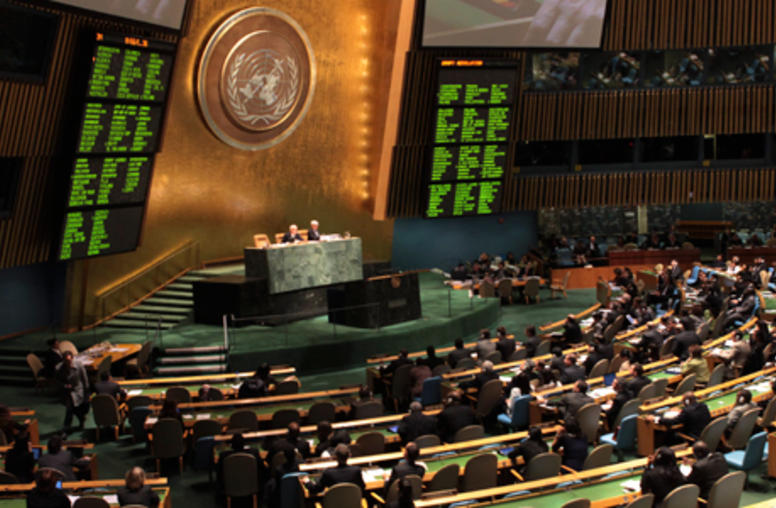
Need for International Peacekeeping Missions on the Rise
The Arab League this month called for the U.N. Security Council to approve a joint Arab-U.N. peacekeeping mission in Syria, where more than 5,400 people have died as the regime of Bashar al-Assad presses a brutal military crackdown on a popular uprising in Homs and other cities. Russia and China vetoed an earlier Security Council resolution on Syria, and it is not clear how seriously the recent Arab League proposal will be considered. The Arab League has scrapped its monitoring mission in Syr...
Customary Law Plays Critical Role in Countries in Conflict, Experts Say
Existing systems of customary justice should be seen as a continuing and important part of international efforts to support justice reform in countries hit by conflict, a group of specialists said at the January 12 public launch of a book published by the United States Institute of Peace (USIP).
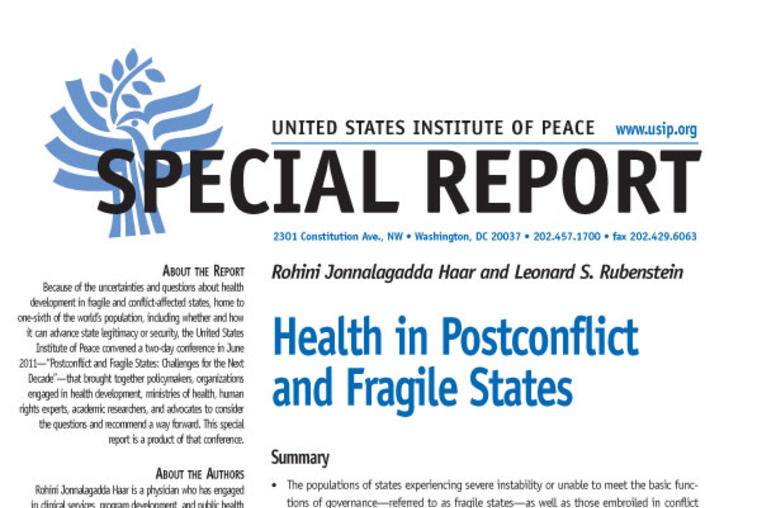
Health in Post-Conflict and Fragile States
Civilian health, health care workers, and health facilities disproportionately suffer in countries experiencing severe instability, but global health donors have yet to make developing health systems in such states a priority. Doing so could both make populations healthier and contribute to state legitimacy.
Universities for Ushahidi
The U4U training program brings young people from conflict zones around the world to train them in the use of crowdsourced mapping tools like Ushahidi as well as in the skills of conflict management, helping them address community needs in-country, train others, and join a growing community of global crisis mappers and technology-enabled peacebuilders.
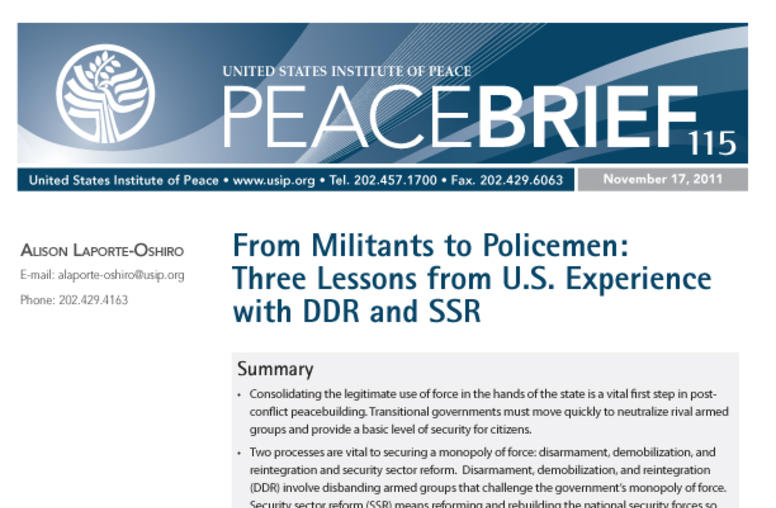
From Militants to Policemen: Three Lessons from U.S. Experience with DDR and SSR
Consolidating the legitimate use of force in the hands of the state is a vital first step in post-conflict peacebuilding. This USIP Peace Brief analyzes two processes that are vital to securing a monopoly of force: disarmament, demobilization, and reintegration (DDR) and security sector reform (SSR).
Money Spent on Peacebuilding is an “Investment”
Money spent on peace is an “investment” that will eventually “mature,” said Congressman John Garamendi (D-CA) at the U.S. Institute of Peace on Oct. 27, bringing both short- and long-term gains to the United States and countries around the world. Garamendi, who served as a Peace Corps Volunteer in Ethiopia from 1966 to 1968, offered his remarks at a USIP event marking the 50th anniversary of the Peace Corps’ founding.
Senior Official to Discuss U.N. Policies at USIP
The need for collaborative, multilateral action at the United Nations and on global problems is growing, but so are the budgetary pressures on the U.S. government’s foreign affairs spending. That collision of factors provides the context for a scene-setting address at the United States Institute of Peace (USIP) by Esther Brimmer, the assistant secretary of State for International Organization Affairs.
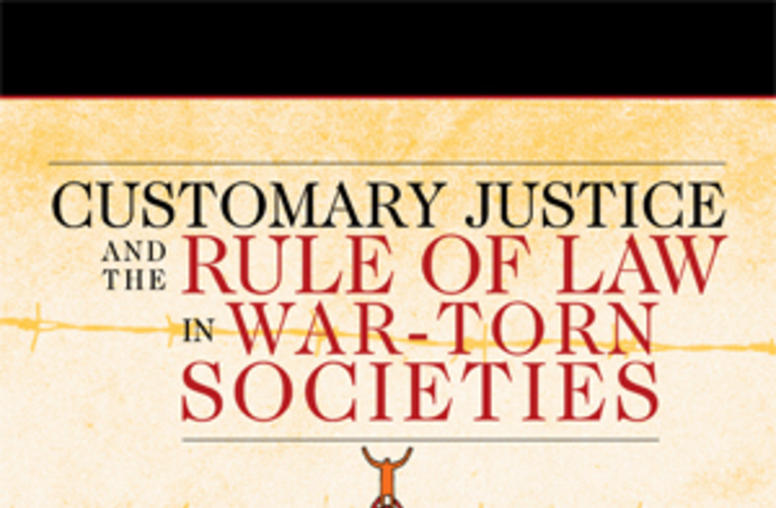
Customary Justice and the Rule of Law in War-Torn Societies
Customary Justice and the Rule of Law in War-Torn Societies presents seven in-depth case studies that take a broad interdisciplinary approach to the study of the justice system. Moving beyond the narrow lens of legal analysis, the cases—Mozambique, Guatemala, East Timor, Afghanistan, Liberia, Iraq, Sudan—examine the larger historical, political, and social factors that shape the character and role of customary justice systems and their place in the overall justice sector.
Liberian President Optimistic on Country’s Outlook
If there is a Cinderella story in sub-Saharan Africa, President Ellen Johnson Sirleaf would argue it belongs to Liberia. Years of civil war, economic mismanagement and staggering debt all conspired to bring an already-ravaged economy to its knees by 2005. Read how President Sirleaf worked to turn the country around.
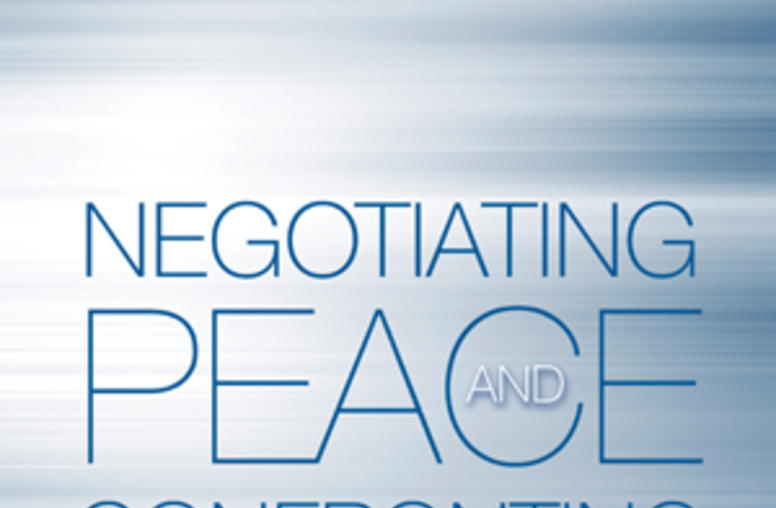
Negotiating Peace and Confronting Corruption
In Negotiating Peace and Confronting Corruption, Bertram Spector argues that the peace negotiation table is the best place to lay the groundwork for good governance.